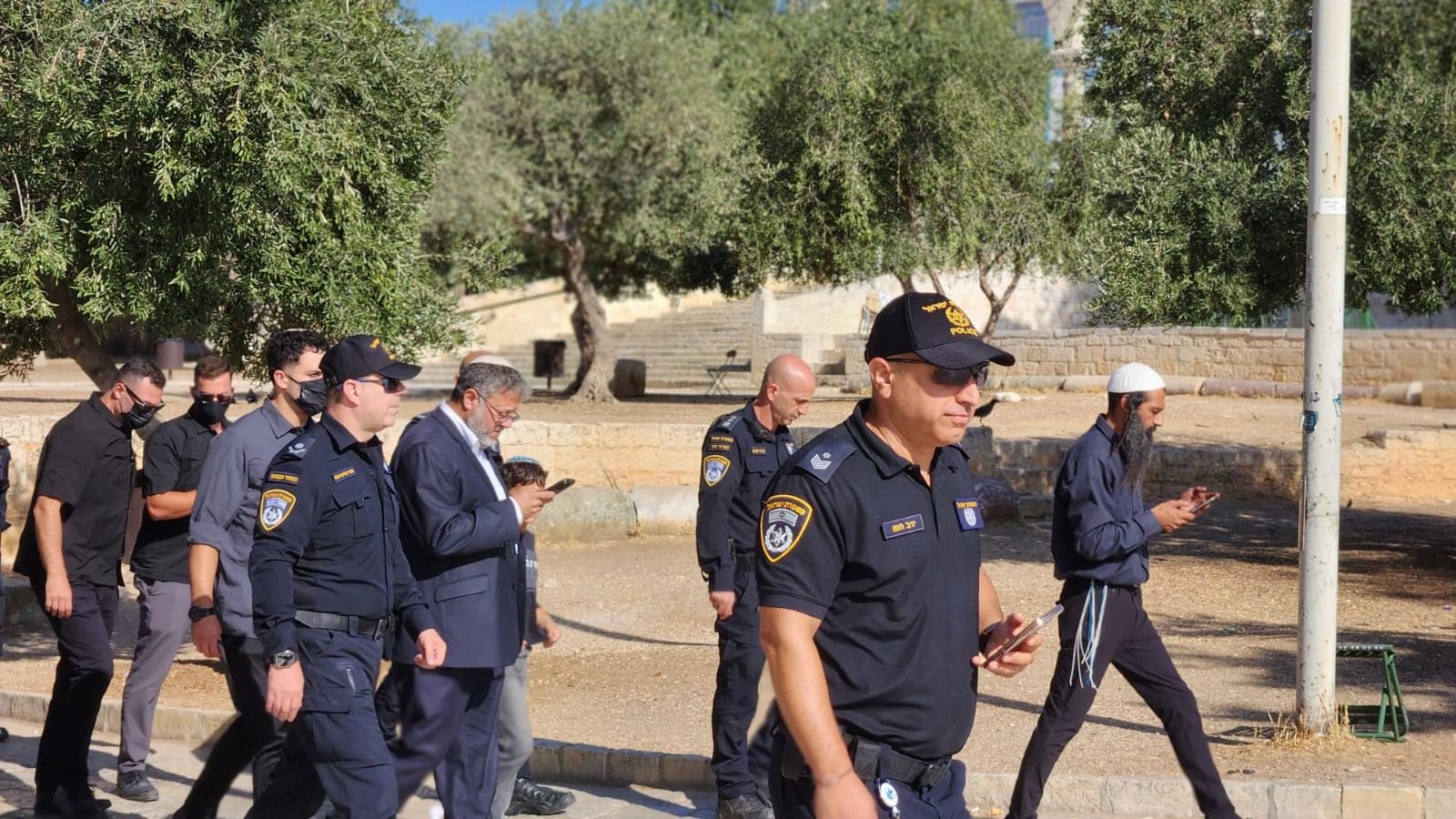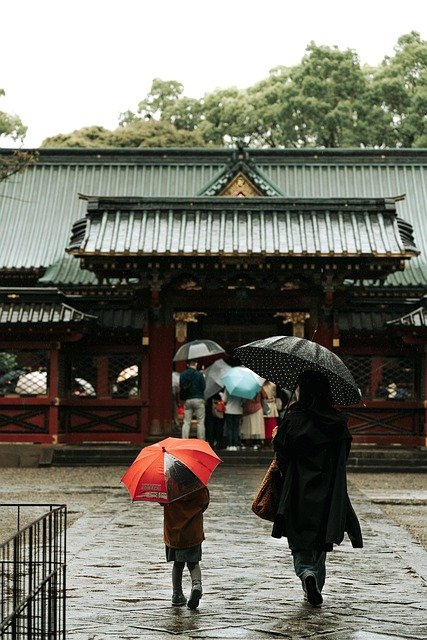Associates of Ben-Gvir hailed the moment as “a monumental change that hasn’t happened in a thousand years,” adding that his policy is to ensure freedom of worship for Jews

i24NEWS
■

Recommended –
On the Jewish fast day of Tisha B’Av, which mourns the destruction of the First and Second Temples, National Security Minister Itamar Ben-Gvir ascended the Temple Mount, joining thousands of Jewish visitors expected to visit and pray throughout the day.
Under Ben-Gvir’s policy, Israeli police have allowed Jewish visitors to sing, pray in the eastern section of the mount, and even prostrate, a significant shift from the longstanding status quo that prohibits overt Jewish worship at the flashpoint site.
Videos from Sunday morning showed dozens of Jewish worshippers singing and dancing openly on the mount. Police did not intervene. In one incident, an Arab man who shouted at a group of Jewish visitors was removed and arrested by security forces.
Associates of Ben-Gvir hailed the moment as “a monumental change that hasn’t happened in a thousand years,” adding that his policy is to ensure freedom of worship for Jews at all sites in Israel, including the Temple Mount. “There is no law permitting racist discrimination against Jews on the Temple Mount or anywhere else in Israel,” they said.
The Temple Mount, known to Muslims as the Noble Sanctuary, is Judaism’s holiest site and Islam’s third holiest. It houses the Al-Aqsa Mosque and the Dome of the Rock. The site remains one of the most sensitive and contested in the region, with tensions often flaring over perceived changes to the fragile status quo.
Ben-Gvir’s visits and policies have drawn sharp criticism from Arab states, international actors, and Israel’s own security establishment, which has warned that shifts in worship policy at the site could inflame tensions and endanger national security. The move has also been condemned by ultra-Orthodox Jewish leaders, who oppose visiting the site on religious grounds.
Despite the criticism, Ben-Gvir has maintained that Jewish worship at the Temple Mount is a matter of basic rights and national sovereignty.


